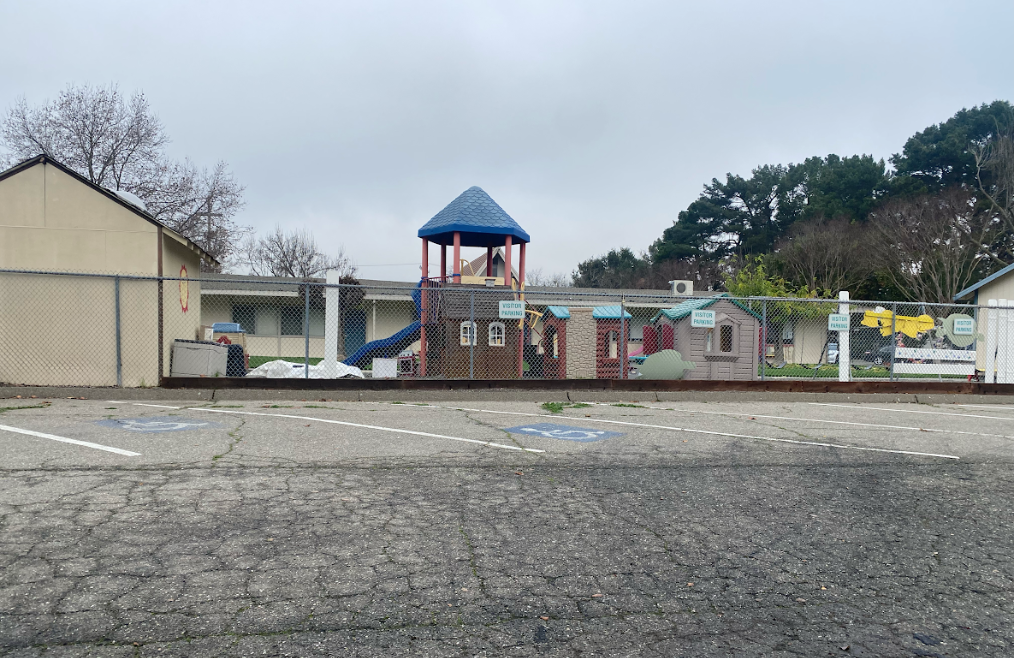In light of the COVID-19 pandemic’s significant impacts on rates of homeschooling in the U.S., it’s necessary to evaluate whether or not homeschooling is an appropriate option for education. The two ideas that figure most prominently in this debate are quality of education and amount of socialization—both of which are found to be favorable in traditional schools but remain disputed in a homeschool environment.
Homeschool advocates contend that quality of education is higher in a homeschool model thanks to the latitude homeschooled children have to customize and design their own curricula that fit their individual needs and interests. There’s evidence to support these claims: homeschooled children typically score 15 to 25 percentile points higher than institutionally educated students on standardized academic tests, and 78% of peer-reviewed studies indicate that homeschooled students score statistically significantly better academically in college than students from conventional schools.
However, this research, according to the National Home Education Research Institute, “does not conclusively ‘prove’ or substantiate” that homeschooling is responsible for these outcomes as “the positive findings might be due to the demographics of the homeschool students and families in the studies.” This hypothesis reflects a need for “[m]ore methodologically stronger research” to more conclusively link the positive academic outcomes of homeschooled students to the practice of homeschooling itself.
Another aspect of schooling homeschool advocates argue is more favorable in homeschooling is socialization. For socialization, evidence exists that suggests that homeschooling does not negatively impact a child’s development of social skills, with some research even indicating that homeschooled students score higher than institutional students on measurements of socialization.
That being said, similarly to the area of academics, research on socialization, according to the Coalition for Responsible Home Education, “has major limitations” and “does not reflect the experiences of many homeschool alumni.” Notable among this research’s limitations is its tendency to draw from a volunteer, and therefore unrepresentative, sample; rely on self-reporting from home educators and home-educated children rather than objective assessments of children’s social skills; and treat schooling as a binary between traditional and home-based schooling, as a result obscuring home-educated students who opt for the socially richer methods of part-time schooling or co-ops.
However, despite the uncertainty surrounding homeschooling’s academic merits and social advantages, the financial toll to the practice is clear. Indeed, while homeschool families invest a mere average of $600 per student annually, a figure dwarfed by the $16,080 spent per institutional student by taxpayers annually, the losses incurred by families whose parents decide to teach their child at home—and, in doing so, decide to give up employment and its accompanying income—far outweigh the savings of home education and even impose a financial burden on homeschooling families. Thus, homeschooling entails a financial sacrifice that may make homeschooling an impractical alternative for many.
That being said, homeschooling offers a lot of benefits as well, notably its fostering of individuality, identity, and independence. Participating in school at home gives the child more freedom to express themself authentically and independently of peer influence, unhindered by the judgment, expectations, and hostility of their classmates. Remote from the influence of others, and secluded in the home during the school day, homeschooled students can investigate—and give way to—their true identities given the time to reflect and isolation to independently explore and self-actualize. Finally, as homeschooled students largely guide their own learning, the home-educated become accustomed to independence and autonomy, both of which elude institutional students governed by the structure of schools. This, in large part, leads to a maturity and independence that homeschooled children will need for the rest of their lives.




































